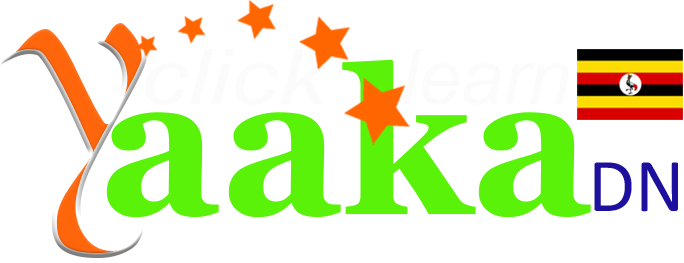Related Courses
Command Your Timeline: Heal the Past, Design Your Future
UGX 1,296,000Original price was: UGX 1,296,000.UGX 936,000Current price is: UGX 936,000. per 3 months 20Ultimate Me: Unlock Your Ultimate Potential & Energy Healing
UGX 2,160,000Original price was: UGX 2,160,000.UGX 1,440,000Current price is: UGX 1,440,000. per 3 months 20
 Command Your Timeline: Heal the Past, Design Your FutureIntelligence,Skills Development
Command Your Timeline: Heal the Past, Design Your FutureIntelligence,Skills Development  SHAPTA MOCKS 2024
SHAPTA MOCKS 2024 Ultimate Me: Unlock Your Ultimate Potential & Energy HealingIntelligence,Skills Development
Ultimate Me: Unlock Your Ultimate Potential & Energy HealingIntelligence,Skills Development  NLSC: SENIOR THREE AGRICULTUREAgriculture,New Lower Secondary Curriculum,Ordinary Secondary
NLSC: SENIOR THREE AGRICULTUREAgriculture,New Lower Secondary Curriculum,Ordinary Secondary  NLSC: SENIOR THREE CHEMISTRY
NLSC: SENIOR THREE CHEMISTRY
 What is ChatGPT?General
What is ChatGPT?General Analysed Uganda Primary leaving Examinations UNEB performanceEducation
Analysed Uganda Primary leaving Examinations UNEB performanceEducation A Comprehensive Guide to Conquering the Uganda Primary Leaving Examinations (PLE) in 2026Education
A Comprehensive Guide to Conquering the Uganda Primary Leaving Examinations (PLE) in 2026Education Uganda Gears Up for 2026 Elections Amidst Political and Economic ChallengesPeople
Uganda Gears Up for 2026 Elections Amidst Political and Economic ChallengesPeople Top Online Resources to Ace Your Uganda Curriculum RevisionsClass Subjects
Top Online Resources to Ace Your Uganda Curriculum RevisionsClass Subjects The Future of Learning: Education Technologies Poised to Transform Education by 2026Class Subjects
The Future of Learning: Education Technologies Poised to Transform Education by 2026Class Subjects DFCU Bank Launches “School Fiiz” Campaign to Ease Back-to-School Financial Burden for Ugandan FamiliesEducation
DFCU Bank Launches “School Fiiz” Campaign to Ease Back-to-School Financial Burden for Ugandan FamiliesEducation The Changing World of Crypto: How to Stay in the Game Without Losing Faith in YourselfGeneral
The Changing World of Crypto: How to Stay in the Game Without Losing Faith in YourselfGeneral Betrayal in the City by Francis ImbugaEducation lower secondary Politics
Betrayal in the City by Francis ImbugaEducation lower secondary Politics The Moon also sets by Osi OgbuClass Subjects
The Moon also sets by Osi OgbuClass Subjects- Meet Musinguzi John Paul – Your AI Teacher of Christian Religious Education for O-Level in UgandaEducation
 Babirye SandraO-LEVEL ENTREPRENUERSHIP,PETTY CASHBOOK ASSIGNMENT
Babirye SandraO-LEVEL ENTREPRENUERSHIP,PETTY CASHBOOK ASSIGNMENT Babirye SandraO-LEVEL ENTREPRENUERSHIP,PETTY CASHBOOK ASSIGNMENT
Babirye SandraO-LEVEL ENTREPRENUERSHIP,PETTY CASHBOOK ASSIGNMENT Babirye SandraO-LEVEL ENTREPRENUERSHIP,PETTY CASHBOOK ASSIGNMENT
Babirye SandraO-LEVEL ENTREPRENUERSHIP,PETTY CASHBOOK ASSIGNMENTNLSC: SENIOR THREE AGRICULTURE
 Aheebwa JosephDP: Digital Pedagogy Assignment8
Aheebwa JosephDP: Digital Pedagogy Assignment8







ASSIGNMENT : Sample Activity of Integration on The Evolution of Human Rights in Uganda MARKS : 10 DURATION : 1 week, 3 days